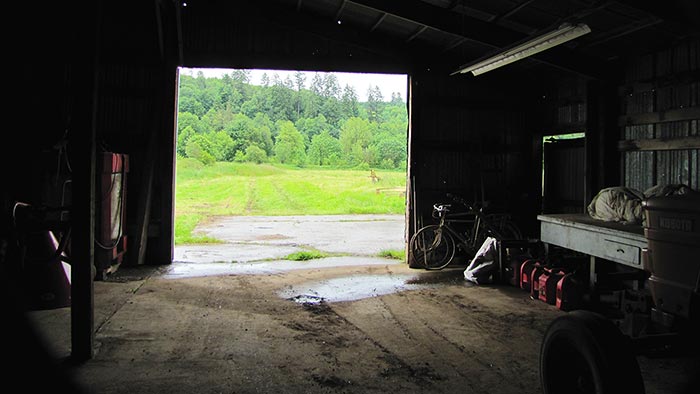The average age of a small family farmer falls between 62-65 years of age. Many of these farmers have no one in line to take over the farm when they are ready to retire. Where will our future farmers come from?

Meet the Rogue Farm Corps. Based in Oregon, they offer classes and hands-on opportunities to learn farming through internships at small family farms throughout the year.
“Interns, most of whom have little to no agriculture background, will live and work on their respective farms, logging as many as 1,500 hours in the field with mentor farmers over the course of their eight- or nine-month internships.
In addition to field work, the Farm Corps program includes weekly classes, workshops and get-togethers with other area farms. Interns pay a $1,500 tuition fee to get their boots dirty with a sustainable agricultural expert, though they make that money back in the form of monthly stipends between $400 and $600, depending on the farm.”
Perhaps the way to view the benefits of this program are the sustainable agricultural skill sets that students learn while working under actual small farm conditions. In addition to eventually becoming farmers themselves, others may choose related fields like gardening and sustainable food advocacy as mentioned in the Bend article.
Knowing where your food comes from, means also knowing there will be enough local farmers in the future to grow the food. This may not be the complete answer (how can we make land available for young farmers to afford is still an open question?) but it would seem to be a step in the right direction.
